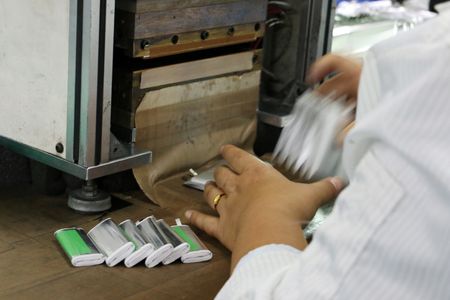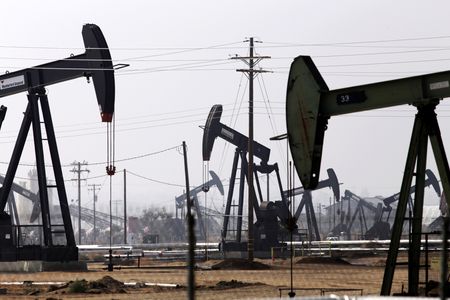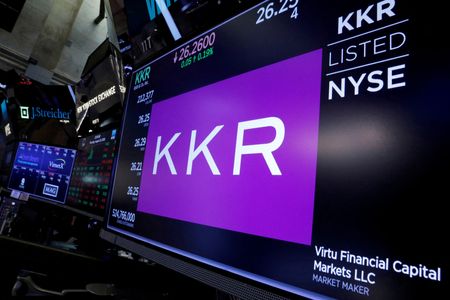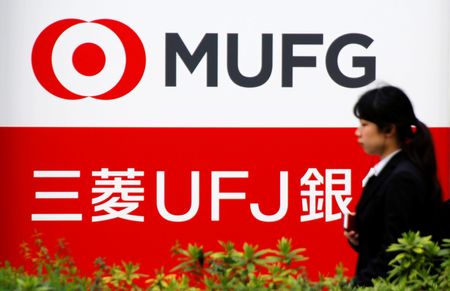By Amy Lv, Lewis Jackson and Ashitha Shivaprasad
BEIJING (Reuters) -China announced export restrictions on Tuesday on five metalsused across defence, clean energy and other industries minutes after an additional 10% tariff on Chinese goods imposed by U.S. President Donald Trump came into effect.
The restrictions are the latest attempt by China since 2023 to leverage its dominance in the mining and processing of critical minerals used in everything from smartphones and electric car batteries to infrared missiles and ammunition.
However, the new rules stop short of outright export bans, which China has previously used against the United States, in a continuation of Beijing’s more measured response to the latest round of trade tensions with Washington.
Licences will now be required to export tungsten, tellurium, bismuth, indium, molybdenum and related products to “safeguard national security interests”, the Commerce Ministry said on Tuesday. Their uses range from solar panels to artillery shells.
Markets had speculated China would expand export controls on metals like tungsten ever since its decision last December to ban exports to the U.S. of antimony and other materials, according to Jessica Fung, head of Consulting at Project Blue.
The move will likely force up prices outside China, she added.
Indices which track a tungsten compound and indium prices outside China hit their highest levels in a decade or more in late January before these curbs were announced.
The experience of previous rounds of export restrictions suggests exports will immediately drop sharply as companies scramble to get export licences, a process that takes roughly six weeks.
In the past, shipments recovered, albeit slowly, as licences were granted.
However, it remains to be seen whether shipments destined to the U.S. will qualify for licences. The United States stopped mining tungsten in 2015 and has not produced refined bismuth since 1997, relying in both cases on imports.
(Reporting by Farah Master in Hong Kong, Lewis Jackson and Amy Lv in Beijing, Ashitha Shivaprasad in Bangalore; Editing by Christian Schmollinger and Sonali Paul)









